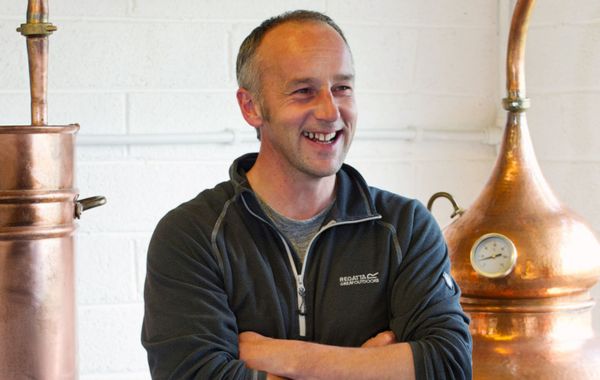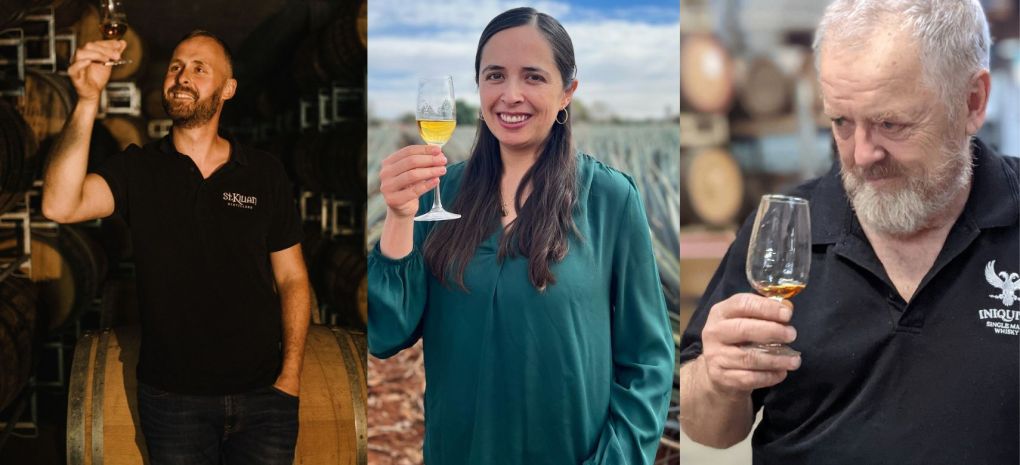
10/07/2023 In this interview, I chat with distillers asking them how they are helping or can help their brands in marketing. Some valuable tips on how distillers can create more transparency with consumers.
Benjamin Brooks: I grew up in a marketing household and spent 7 years in marketing before making the switch to the distilling world. Buyers need to know how a spirit is made, and having them meet someone who has put their blood, sweat, and tears into making the product is essential. I love it when customers show up to the distillery to ask us questions about our product, seeing their eyes light up when we show them how much goes into it always makes me smile.
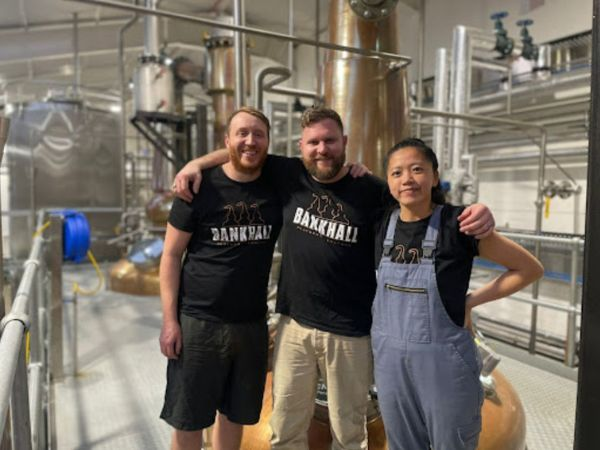
Matthew Ensor: A distiller can play a huge part in direct engagement with the Horeca segment. Meeting the person who makes the spirit, helps to personify the image of the brand for bartenders & bar managers. I think it helps small spirits producers to stand out a bit more. Especially as the big brands will always come with Titanic-sized marketing budgets; the smaller player needs to field a very different game to differentiate themselves.
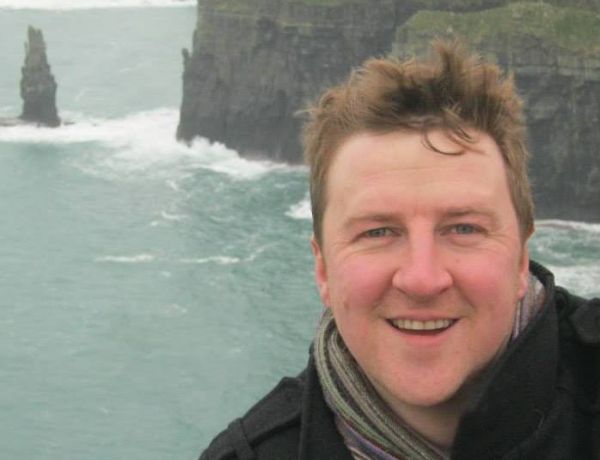
Mark A. Vierthaler: There's an encouraging trend of people recognizing the hard work, talent, and skill of people who create things with their hands. This has led to an increasing desire by consumers to want to "meet" those that make their products. By being able to share their knowledge and passion with the community that consumes their products, I think that distillers and blenders are in a unique position to help underline the authenticity of the distillery where they ply their trade. It's also an amazing opportunity to put hard workers in the spotlight.
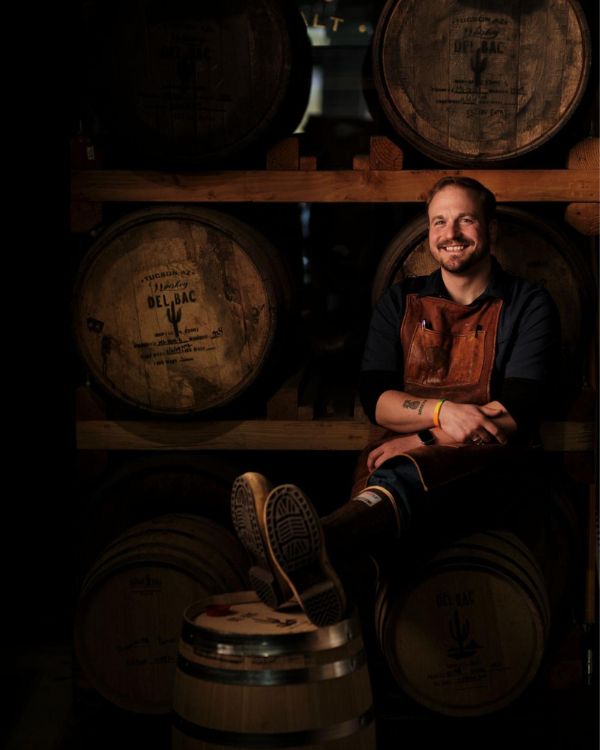
Ian Schmidt: Marketing and sales personality boils down to good storytelling. Getting out to tell the stories is the best way, whether in person or virtually.
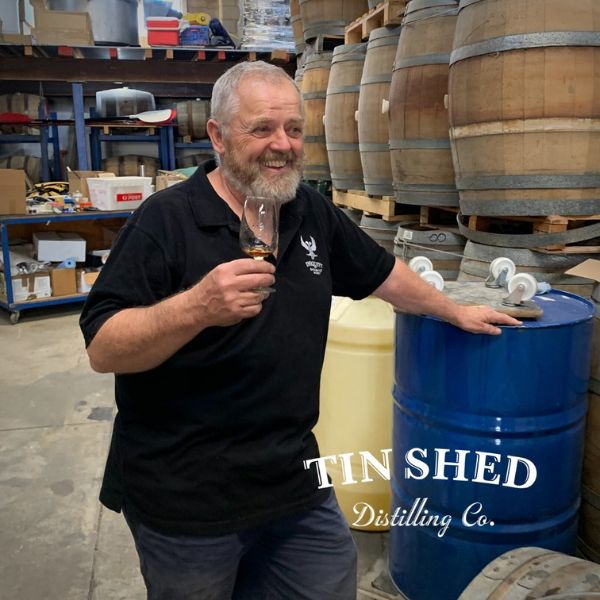
Ari Klafter: Who better to talk about a product than the person who made it? Distillers know every nuance of the product, from the flavor profile to the raw ingredients, production techniques, barrel profile, etc. The trick is that marketing and sales skills don’t always come naturally to us distillers, and I think we need to put extra effort into developing them. Because we can talk for hours about all the details that went into the spirit, part of our job is reading the room and conveying the product’s value and uniqueness in a way that’s digestible and engaging.
For me, sales and marketing is not just great way to support the business, but it’s also personally fulfilling. Probably the most gratifying part of being a distiller is seeing someone’s face light up when they taste your spirits and start wanting to nerd out about some whisky or rum you made.
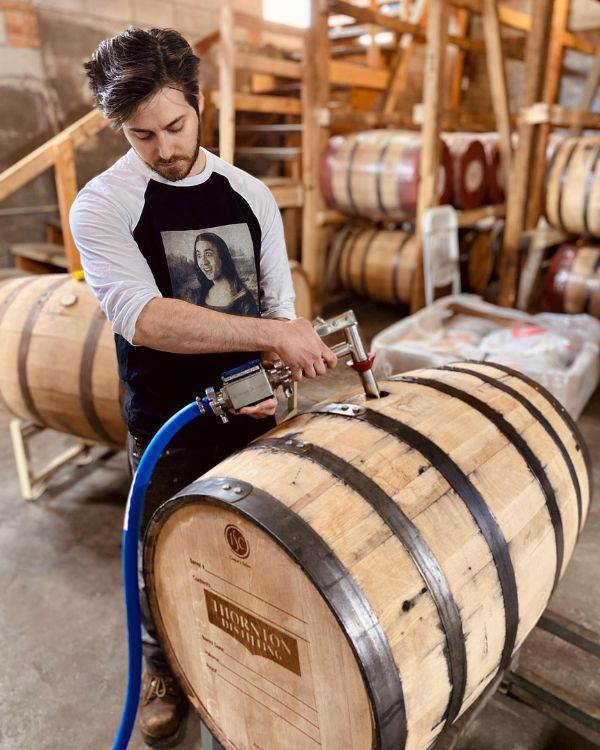
Carmen Gonzalez Alfaro: Telling the story behind each bottle that the consumer has in their hands.
Producing a tequila that the sales and marketing teams have the confidence to recommend to the consumer. The product must be made with quality, consistency, and an excellent profile for the palate of the consumer. It is critical to repeat purchases.
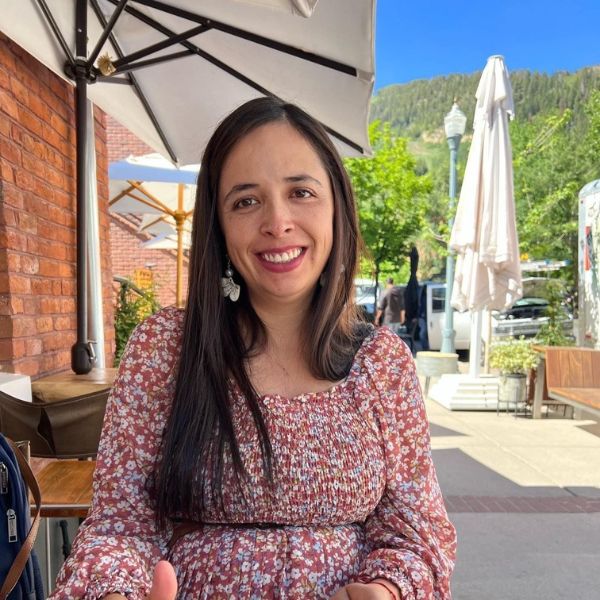
Frank Deiter: Man who kick-started modern craft distilling in British Columbia, Canada.
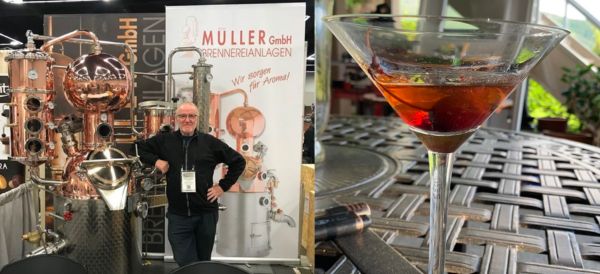
That is very difficult to respond to as it depends heavily on the personality of the distiller. The distiller him/herself needs to know their strengths and if sales and marketing are not their strengths then another person has to take over that role.
Kris Koenig: The distiller is the inception point for any product a distillery will produce and market. The spirit is their creation so they are the best person to talk about it. Only they have the authority to sell what's in the bottle.
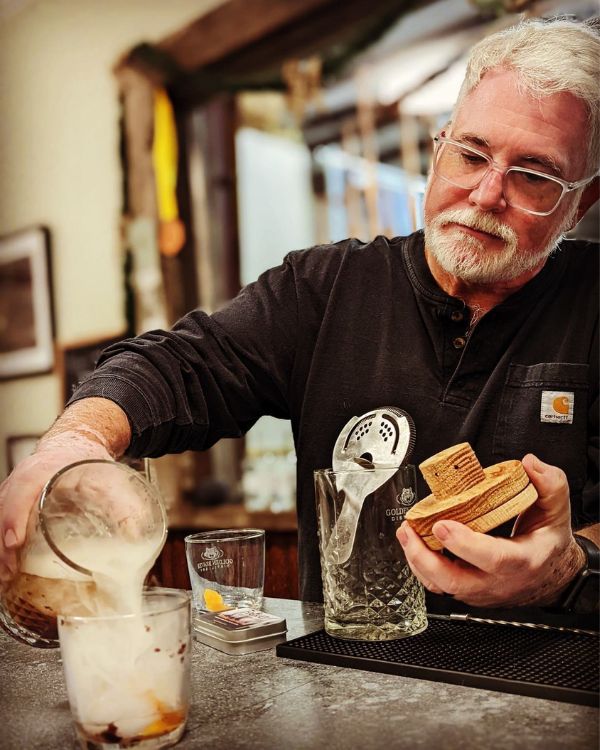
Melissa Friel: We are the creators. No one would know any answers better about a spirit than the person who makes it every day. We know what’s special about it.
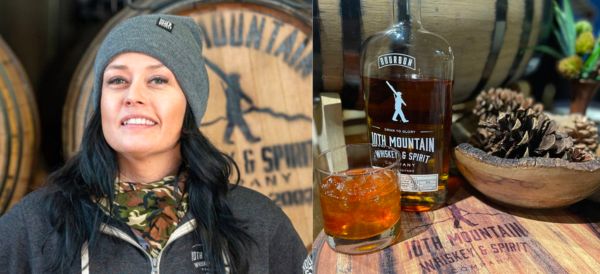
Melissa Friel also handles social media being a distiller, you can read here how she does it and how that experience helps her.
Mario Rudolf: With the open and transparent communication of expertise and with his public appearance for the company. Most of all, of course, with high premium products.
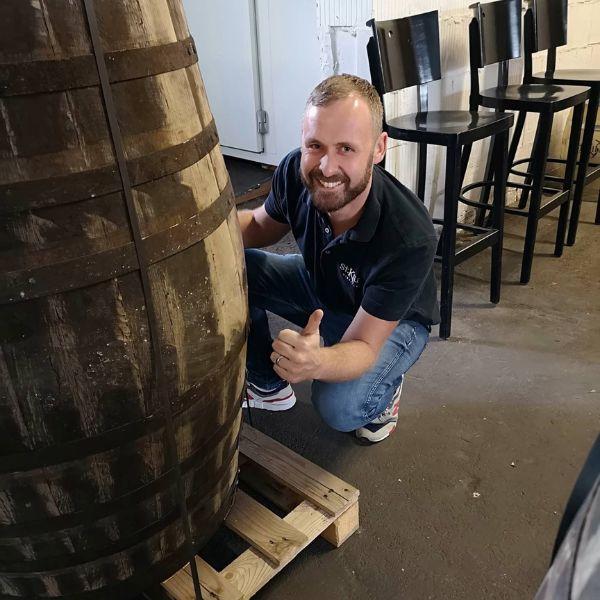
Ben Leggett: A good question not nearly capitalized enough. The easiest way for a distiller to personally drive marketing is to market their personality. Granted, not all personalities are conducive to marketing but anyone who can embody a brand shows the roots behind the day-to-day, the humble origin, the personality, and the human element - its powerful marketing. Traceability, transparency, humanity. Marketing 101.
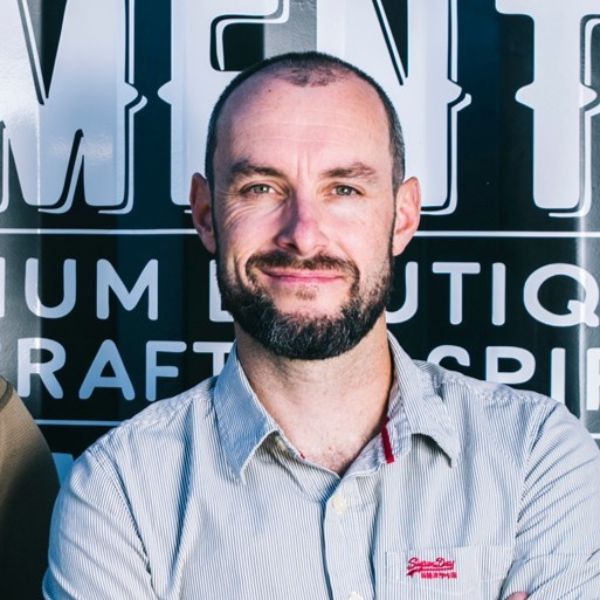
Tom Anderson: Get out there and do educational sessions. Customers are always looking to learn how to use spirits and create great cocktails. Work with bartenders to make cocktail menus that are interesting and creative. Do tastings and spirit-related workshops. We do a "Gin Lab" where we have each ingredient distilled separately and allow you to create a custom gin by blending these ingredients. Once you have identified and tasted each gin ingredient, you can make something that is to your taste, and you will never look at in the same way again. That creates a consumer that is knowledgeable and will always look at your product in a positive light. Remember, the last person to touch your product before it is served is your bartender. Work with them and give them what they need to make better cocktails. No one knows more about cocktails than the bartender that serves them.
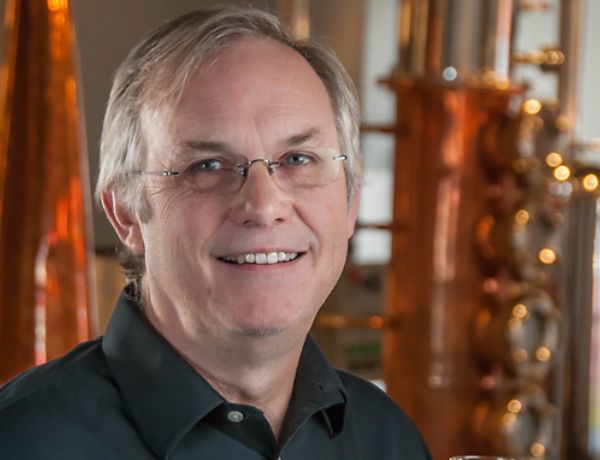
Stephen Gould: People want to meet the person(s) that make the spirits. As such, a distiller can and should be an integral part of any spirits brand's sales and marketing ... helping to both educate and entice customers to purchase the brand's products.
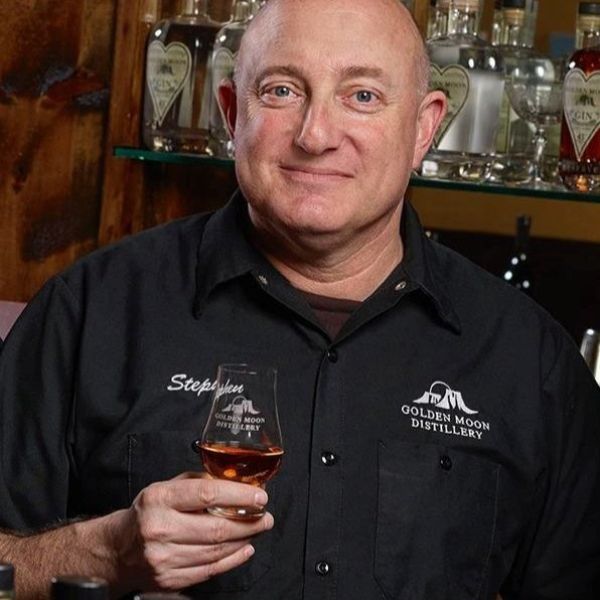
Sebastiaan Smits: It's your product, it's your story. As a distiller, you need to tell that story through all aspects of your business. Marketing is useless if it doesn't reflect the journey and the story of the people who made it. I always teach new distillers to stick to their plan: you had an initial goal, an initial dream. Hold on to that dream and make it come through. Because firstly that means you will put all your effort, talent and energy into it and secondly whenever you like something there's a very high chance other people around the world will like it as well. We're not that different from each other.

Michael Sharry: Meet the maker/customer education events. Meeting with key accounts for private label/custom projects. Present at notable on-site events.
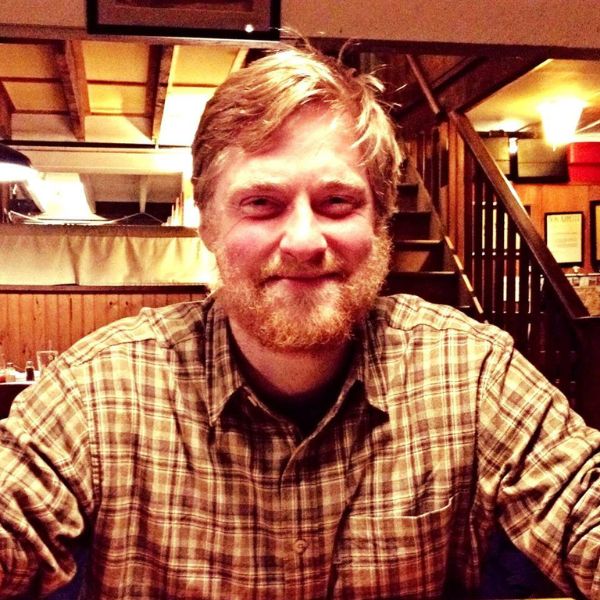
Andrew Walder: I think it simply comes down to true provenance. All our products are distilled, aged, and bottled on our farm. And the fact that we have managed to create a range of delicately balanced premium rums, vodka, and a Scillonian brandy, and with a whisky on the way, the products do a lot of the talking for us!
We often use the phrase ‘Crafted by the sea’ – It just means that when we talk about a person or a thing as products of St. Martin’s we are all influenced and formed by the sea that surrounds us.
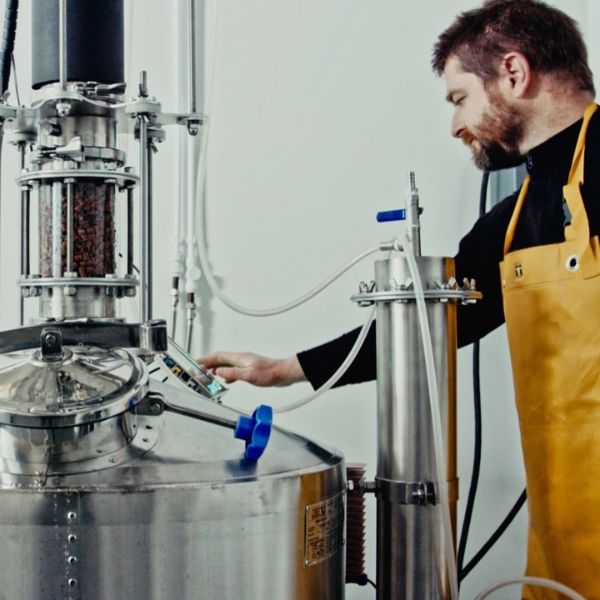
We are surrounded by rich stories of people whose lives have been shaped by life on the Isles of Scilly, making a livelihood from the sea and so our strapline ‘Spirits of St. Martin’s’ means exactly that – premium rums, vodka, and brandy distilled from centuries of Island life on the Isles of Scilly.
[[relatedPurchasesItems-31]]
Allan Delmare: Hands-on approach to the front of the house is a requirement. Must interact with customers. Must go into "the trenches" and keep in touch with the consumer mindset and culture. Must attend events and be willing to be a public-facing figure, because, without your customers, your product is NOTHING. Must work in-house with the attitude of "listening" and be willing to stifle your opinion of how "you" think it should be.

Iain Black: Explaining the process to the customer at events and markets, meeting the distiller is quite special for customers. I can go into detail and tell them the whole process and answer any queries they have.
